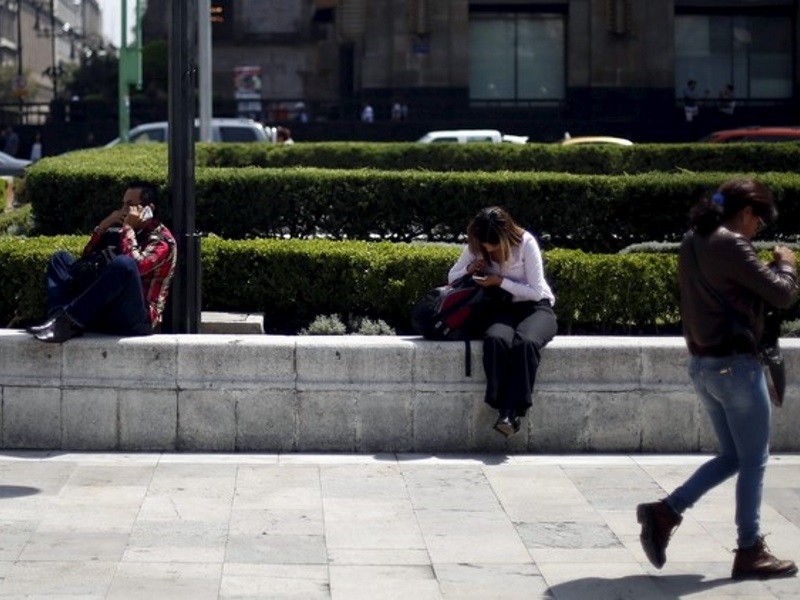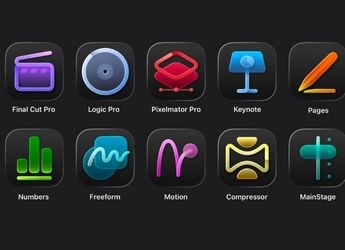- Home
- Internet
- Internet News
- Mobile Technology, Targeted Marketing Barge in on Holidays: Report
Mobile Technology, Targeted Marketing Barge in on Holidays: Report

People are increasingly turning to their mobile phones to book flights, hotels and make other travel-related purchases, with $96 billion, or 12.5 percent of global online travel sales, made via the devices in 2014, according to a report by Euromonitor International.
Using data from those purchases, travel providers will soon be pushing personalised options for hotels and restaurants via mobile devices, Euromonitor's WTM Global Trends Report 2015 forecast.
"The opportunities that smart technology offers travel companies are endless and we have only scratched the surface," said World Travel Market (WTM) senior director Simon Press.
"It won't be long before personalised suggestions - created from cross-checking consumers' preferences and current location with online inventories of local travel services and activities - will become the norm."
The trend among travel firms such as Booking.com and Expedia, as well as airline Ryanair, mimics what has happened in retail, where companies such as Amazon.com harvest detailed customer data to push targeted offers in real time.
Over the period 2014-2019, mobile travel sales are forecast to rise at a compound annual growth rate of 22 percent, said the report, adding "beacon technology" would help to enable the more tailored marketing.
In certain locations, mobile devices react to beacons, allowing companies to see where a customer is at any time.
That is particularly helpful for companies at a time when tourist tastes are diversifying into new locations, another shift identified by the same report which found that visitors to European cities are increasingly seeking out trendy "hipster" neighbourhoods rather than traditional tourist areas.
Booking accommodation via website Airbnb has opened up areas such as Kreuzberg in Berlin, District VII in Budapest and Dalston in London, where there are fewer hotels, the report said.
Travellers keen to explore hipster districts, or indeed elsewhere, without notifications or recommendations, can always turn off their mobile device.
© Thomson Reuters 2015
Catch the latest from the Consumer Electronics Show on Gadgets 360, at our CES 2026 hub.
Related Stories
- Samsung Galaxy Unpacked 2025
- ChatGPT
- Redmi Note 14 Pro+
- iPhone 16
- Apple Vision Pro
- Oneplus 12
- OnePlus Nord CE 3 Lite 5G
- iPhone 13
- Xiaomi 14 Pro
- Oppo Find N3
- Tecno Spark Go (2023)
- Realme V30
- Best Phones Under 25000
- Samsung Galaxy S24 Series
- Cryptocurrency
- iQoo 12
- Samsung Galaxy S24 Ultra
- Giottus
- Samsung Galaxy Z Flip 5
- Apple 'Scary Fast'
- Housefull 5
- GoPro Hero 12 Black Review
- Invincible Season 2
- JioGlass
- HD Ready TV
- Laptop Under 50000
- Smartwatch Under 10000
- Latest Mobile Phones
- Compare Phones
- Samsung Galaxy A07 5G
- Vivo Y500i
- OnePlus Turbo 6V
- OnePlus Turbo 6
- Itel Zeno 20 Max
- OPPO Reno 15 Pro Mini 5G
- Poco M8 Pro 5G
- Motorola Signature
- Lenovo Yoga Slim 7x (2025)
- Lenovo Yoga Slim 7a
- Realme Pad 3
- OPPO Pad Air 5
- NoiseFit Pro 6R
- Xiaomi Watch 5
- Acerpure Nitro Z Series 100-inch QLED TV
- Samsung 43 Inch LED Ultra HD (4K) Smart TV (UA43UE81AFULXL)
- Asus ROG Ally
- Nintendo Switch Lite
- Haier 1.6 Ton 5 Star Inverter Split AC (HSU19G-MZAID5BN-INV)
- Haier 1.6 Ton 5 Star Inverter Split AC (HSU19G-MZAIM5BN-INV)

















